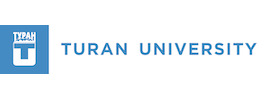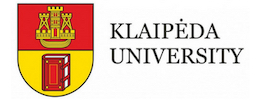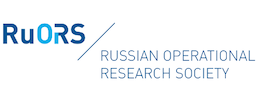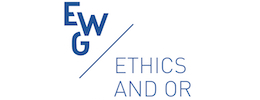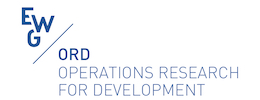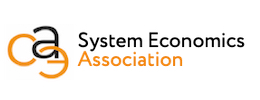Application of computational models to study issues in the social sciences and humanities has been undergoing rapid development during the last decades. The conference MSBC-2024 aims to create an open panel for the effective dialogue among researchers and practitioners interested in the integration of computer science in social science and humanities, for strengthening the visibility, recognition and understanding of problems of simulation and modelling of socio-economic reality.
Welcome to the conference
“Modelling and Simulation of Social-Behavioural Phenomena in Creative Societies”

Scope of the Conference
Due to its interdisciplinary flavour, this conference brings together researchers from the areas of social sciences and humanities (e.g. organizational science, communicative action theory, management science, contemporary economic science, societal complexity, sociology, media research, and others), operations research, computational intelligence, agent-based simulation, applied mathematics, econophysics and their respective fields of applications.
HISTORY OF THE CONFERENCE
Modelling and Simulation of Social-Behavioural Phenomena in Creative Societies (MSBC-2019)
International Conference - EURO Mini Conference
Vilnius, Lithuania
Conference materials:
Springer Proceedings MSBC-2019
(CCIS, volume 1079)Modelling and Simulation of Social-Behavioural Phenomena in Creative Societies (MSBC-2022)
2nd International & European Conference
Vilnius, Lithuania
Conference materials:
Springer Proceedings MSBC-2022
(CCIS, volume 1717)
Join the Special Issue of Mathematics
(ISSN 2227-7390)Modelling and Simulation of Social-Behavioural Phenomena in Creative Societies (MSBC-2024)
Modelling and Simulation of Social-Behavioural Phenomena in Creative Societies (MSBC-2026)
4th International Conference
Details will be available later
INTERNATIONAL PROGRAMME COMMITTEE

Prof. Dr. Nitin Agarwal,
University of Arkansas
at Little Rock, USA
Co-Chairman

Prof. Leonidas Sakalauskas,
Vytautas Magnus University, Lithuania
Co-Chairman
Members of International Programme Committee
ORGANISING COMMITTEE
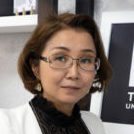
Prof. Dina Razakova,
Turan University, Kazakhstan
Chairman
Members of Organising Committee
– Maxim Rybachuk, Financial University, Russia
– Leonidas Sakalauskas, Vytautas Magnus University, Lithuania
– Vytautas Dulskis, Vilnius University, Lithuania
INVITED SPEAKERS
Invited Speakers and Lecturers will be announced later…
IMPORTANT DATES
Description | Dates |
First call for papers: | – November 30, 2023 |
Deadline for invited session proposals: | – March 20, 2024 |
– April 29, 2024 | |
Paper submission to Springer Proceedings: | – June 01, 2024 |
Paper acceptance notification: | – June 15, 2024 |
Early registration fee payment: | – September 08, 2024 |
– September 15, 2024 | |
Conference: | – September 18-20, 2024 |
Paper submission to a top-rated journal: | – November 15, 2024 |
REGISTRATION
Participants are welcome not only from academia but also media, industry and institutions concerned with computing in social sciences and humanities, complex societal methodologies and system-based modeling and space-time analysis in economics. Representatives of areas of application will have a chance to get in contact with leading experts in the conference fields, learn the state-of-the-art of research and about new academic software tools that will be applicable in the future.
Please fill out the following form if you are going to participate in the conference and/or organise an invited session.

